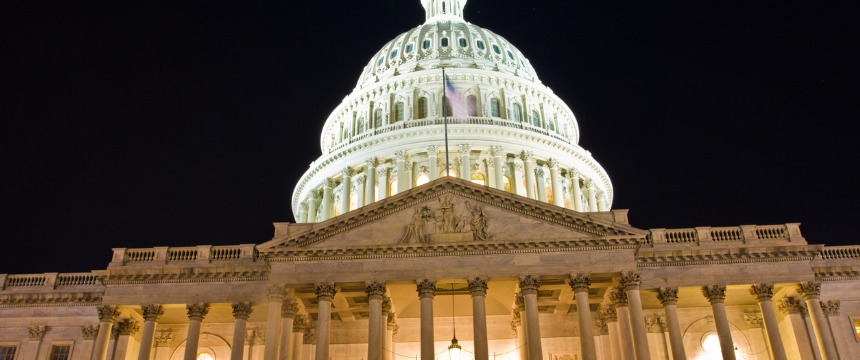Early Morning Budget Deal Brings the Return of Previously Expired Short-Term Tax Breaks

Early this morning, the House and Senate voted to pass a budget deal that included $17 billion in tax provisions, ending a short overnight government shutdown. The bill (H.R. 1892) extends the investment tax credit (ITC) to “orphaned” technologies that were not included in the extension of ITC for solar property in 2015. The bill makes ITC available again for fiber optic solar lighting property, qualified fuel cells, micro-turbines, combined head and power systems, small wind energy property and geothermal property, provided construction of such property begins before January 1, 2022. ITC with respect to all of these technologies is subject to phase-out. ITC is 30 percent if construction begins before January 1, 2020, 26 percent if construction begins in 2020, 22 percent if construction begins in 2021 and zero thereafter. ITC is also completely phased out for property that is not placed in service before January 2, 2024. In addition to the ITC extension, the bill also extends the beginning construction deadline for the production tax credit (PTC) until January 1, 2018, for closed-loop biomass, open-loop biomass, geothermal, landfill gas, municipal solid waste, hydropower and marine and hydrokinetic facilities and extends the election to claim ITC in lieu of PTC until January 1, 2018.
The Senate passed the bill shortly after 2:00 AM EST, with the House following suit around 5:30 AM EST. The bill was signed into law by President Trump later this morning.
